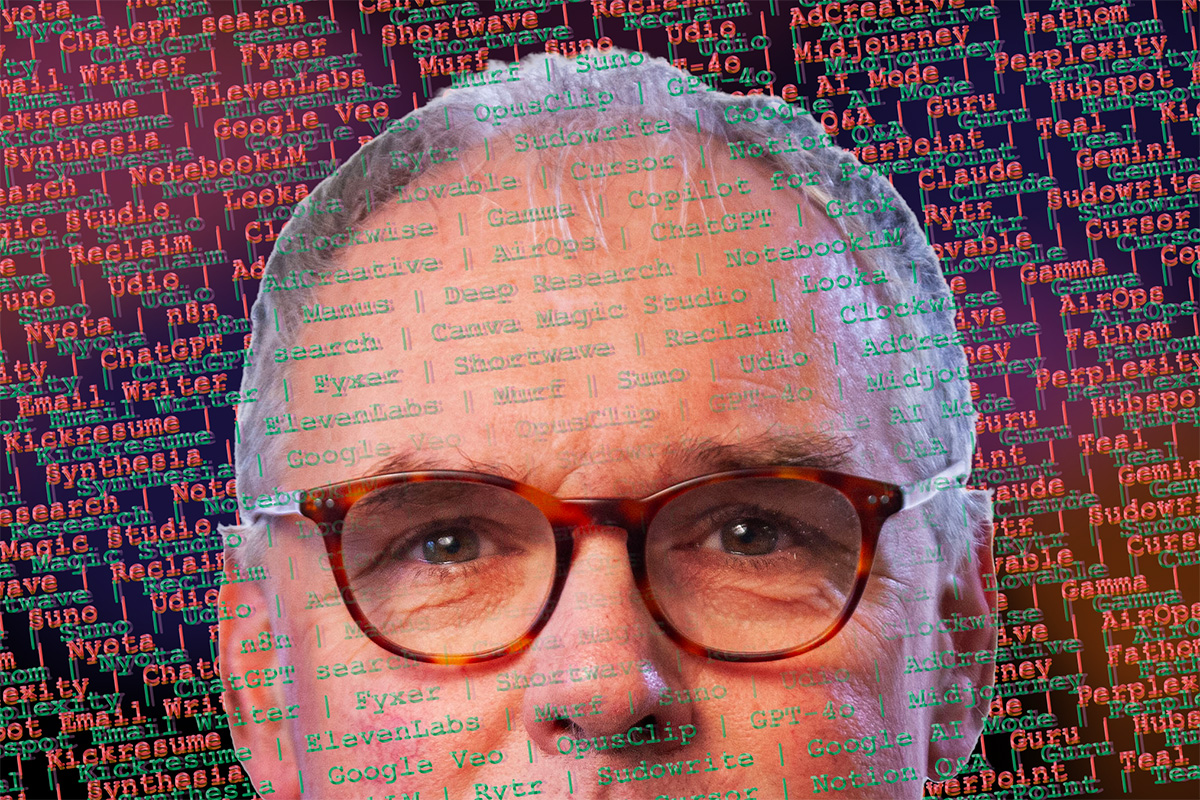 We do need to do some intelligent thinking about Artificial Intelligence. Like every technological advance, there are great benefits and great dangers. For some, AI is over-hyped, and it is little more than a glorified search engine. For still others, it is the doomsday machine that we will eventually subjugate the entire human race. Whatever its power, we need to do the thinking about the use of AI, and with some urgency as it begins to find its way into every aspect of human life.
We do need to do some intelligent thinking about Artificial Intelligence. Like every technological advance, there are great benefits and great dangers. For some, AI is over-hyped, and it is little more than a glorified search engine. For still others, it is the doomsday machine that we will eventually subjugate the entire human race. Whatever its power, we need to do the thinking about the use of AI, and with some urgency as it begins to find its way into every aspect of human life.
We know that AI has already given us great gains in the field of scientific research. It has been, for example, instrumental in the creation of new antibiotics for drug resistant diseases. It is hoped that AI will speed up some aspects of government bureaucracy, for which we would all be grateful. In the workplace, it is claimed it will reduce boring and routine tasks and free up our time for human beings to engage in more creative activity. Tempted as I am to be sceptical, even fearful of the potential of AI, I must be prepared to recognise its benefits.
But there are well rehearsed concerns about the technology. What about the risk of skewed algorithms and unbridled misinformation? AI can generate very credible, but fake, images and documents. It can write job applications, novels, sermons and music by 'scraping' data from the internet and re-presenting that information in an increasingly convincing form.
All this chips away at our sense of what is true, even what is real. Christians know how important it is for us to be both truthful and to seek the truth. St Paul calls us to “rejoice in the truth” and to “set forth the truth plainly”. It was Jesus who told us that the truth will set us free.
Navigating truth and falsehood is not a new challenge. It is one of the great tasks of life. But truth seeking is complex in an age so rich in information and so poor in the wisdom needed to discern what do with it. AI makes this challenge particularly testing. It offers us huge quantities information but leaves us feeling doubtful about its authenticity. This means we begin to lose trust in our own judgement or become suspicious of the world, especially as found online. Is this 'news picture' true or fake? Was that job application we saw from an AI bot or a real person?
How then to respond? We do not want to live our lives in a constant state of anxious cynicism and doubt. Can we develop a prayerful scepticism, not rushing to judgement, but taking time to reflect and ponder? Can we seek trusted sources of information and deliberately engage with perspectives that are not our own? Will we ration our time online and test our understanding of the world with actual people in real human conversations. Will we hold up the mirror of the scriptures and the great wisdom of the Christian faith to the world of generated content and ask, “Is this true?”
Rt Revd Matthew Parker
Bishop of Stafford
No AI was used in the creation of this writing nor image